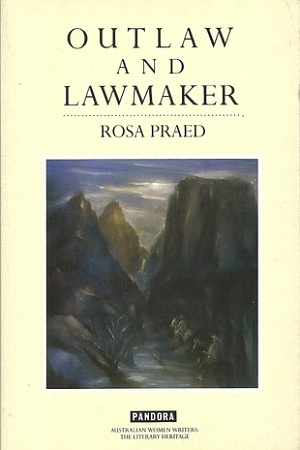Why Lyrics Last: Evolution, Cognition, and Shakespeare’s Sonnets
Harvard University Press (Inbooks), $34.95 hb, 240 pp
Why Lyrics Last: Evolution, Cognition, and Shakespeare’s Sonnets by Brian Boyd
At the dangerous time when Sir Thomas Wyatt and the earl of Surrey were around, the sonnet sprang into English from Petrarch’s Italian. A constant cuckoo, it has stayed in our linguistic tradition ever since. It is an odd verse form to have done so, regular, yet in one way asymmetrical. Moreover, this cuckoo form has long stood at the heart of what we mean by ‘lyrical’. As Wordsworth quotably if unsubtly wrote, ‘With this key Shakespeare unlocked his heart.’ Borges was to see through that romantic sense of the poet-dramatist in his mini-story ‘Everything and Nothing’, where God and the playwright eventually come face to face: that is if they have faces at all. Or hearts.
Continue reading for only $10 per month. Subscribe and gain full access to Australian Book Review. Already a subscriber? Sign in. If you need assistance, feel free to contact us.











Leave a comment
If you are an ABR subscriber, you will need to sign in to post a comment.
If you have forgotten your sign in details, or if you receive an error message when trying to submit your comment, please email your comment (and the name of the article to which it relates) to ABR Comments. We will review your comment and, subject to approval, we will post it under your name.
Please note that all comments must be approved by ABR and comply with our Terms & Conditions.